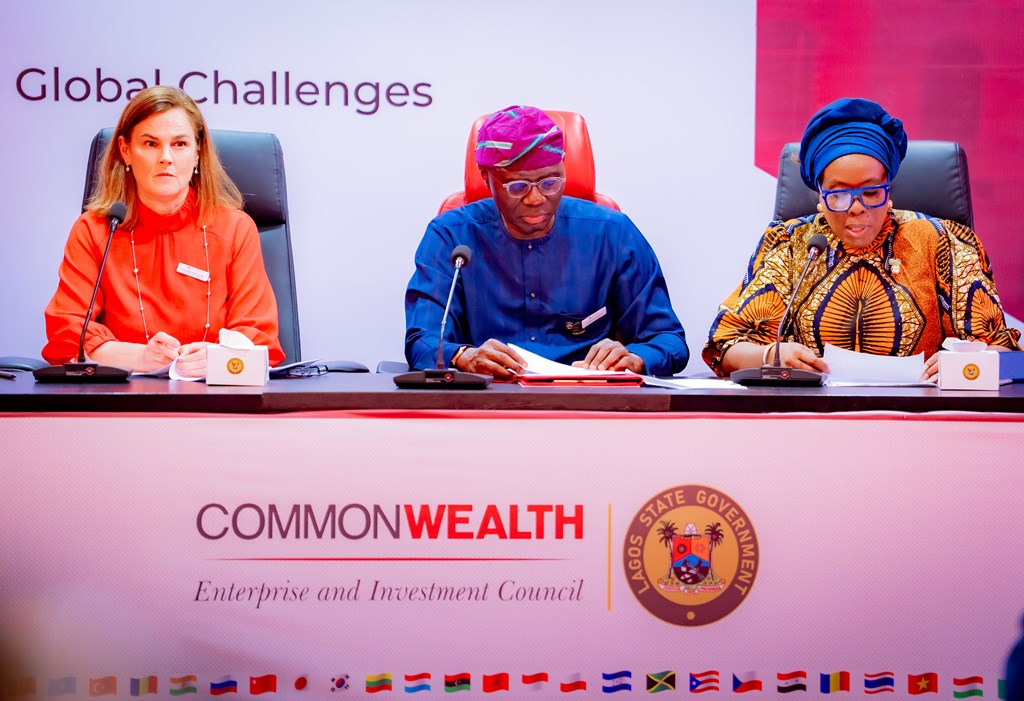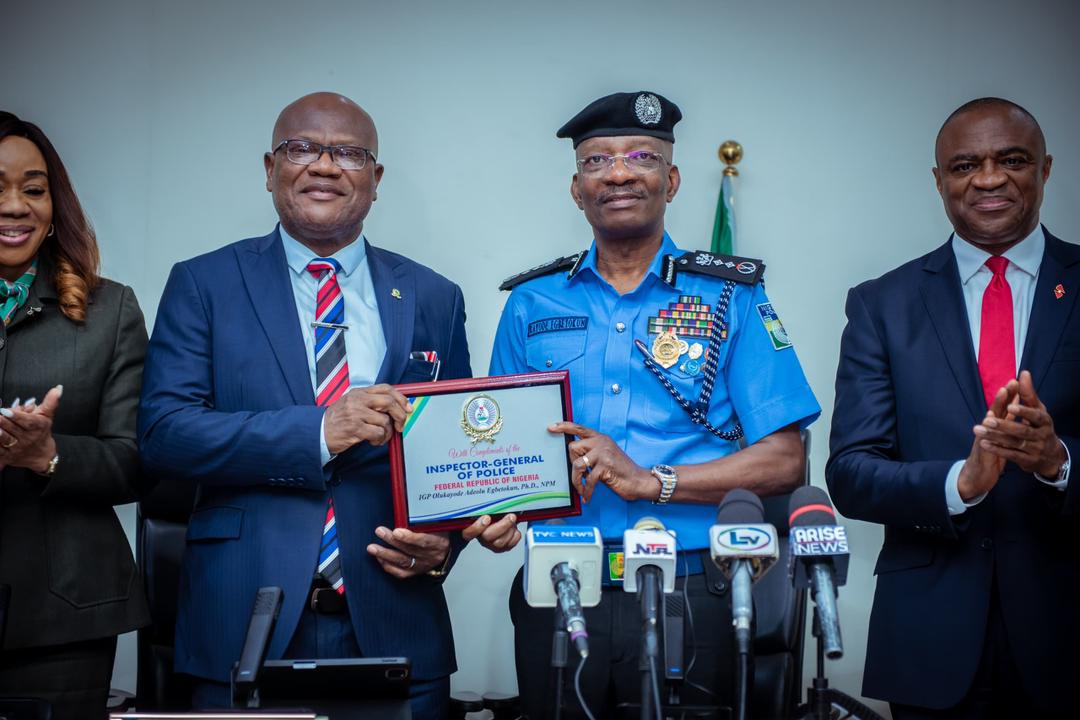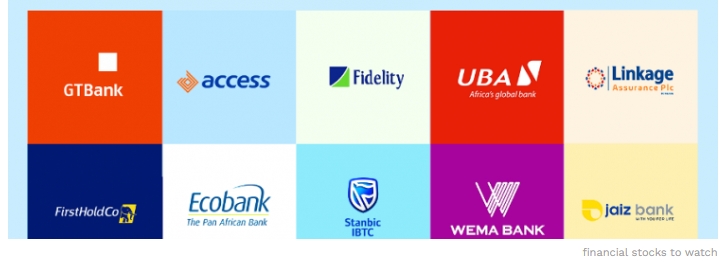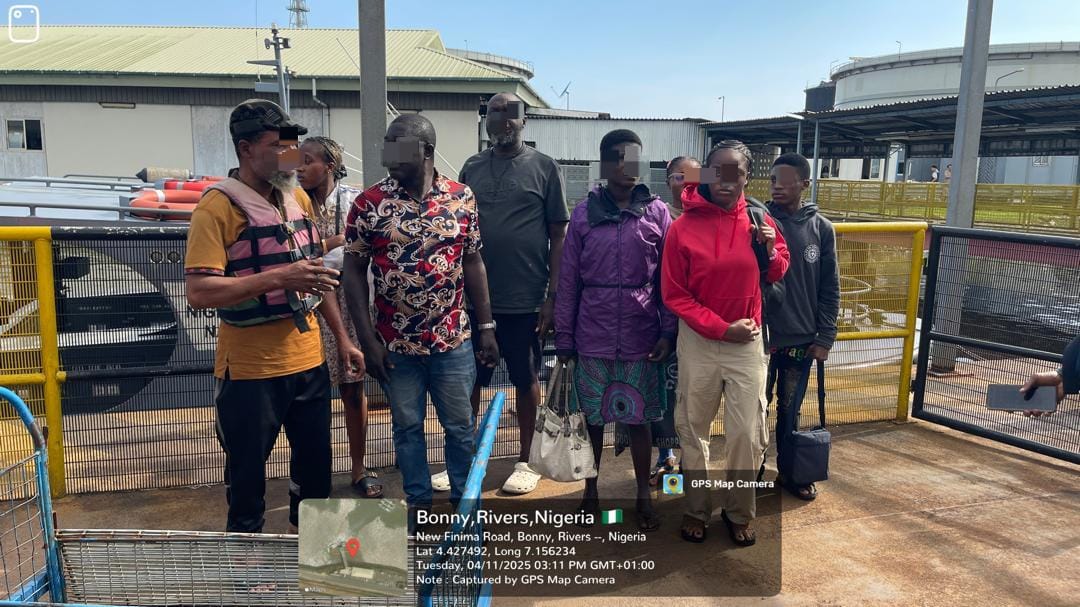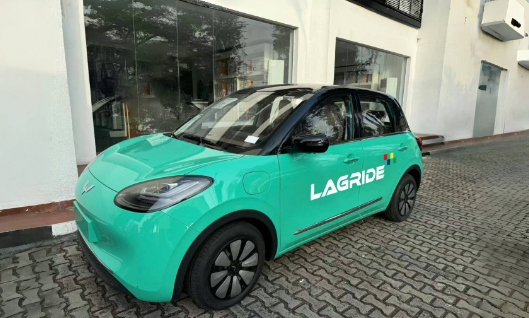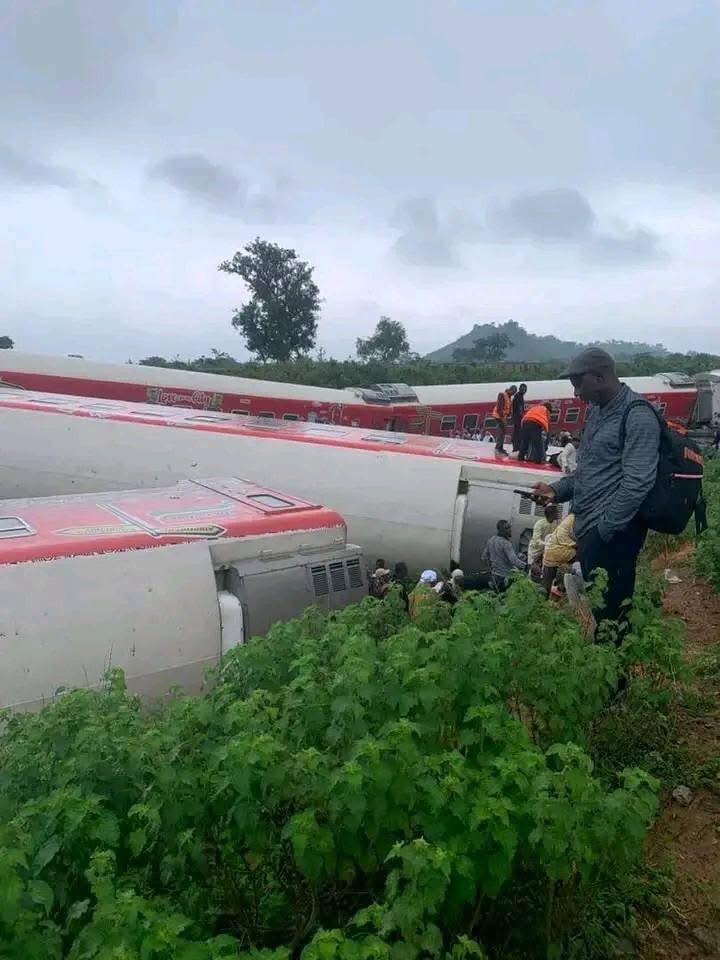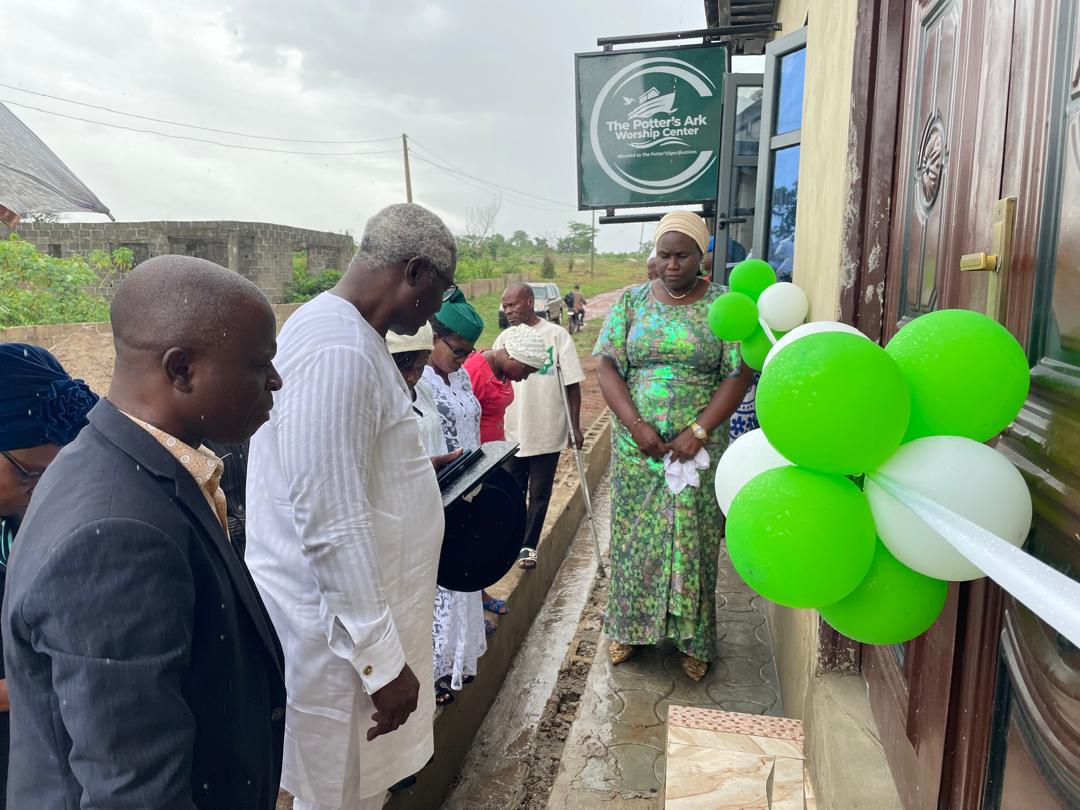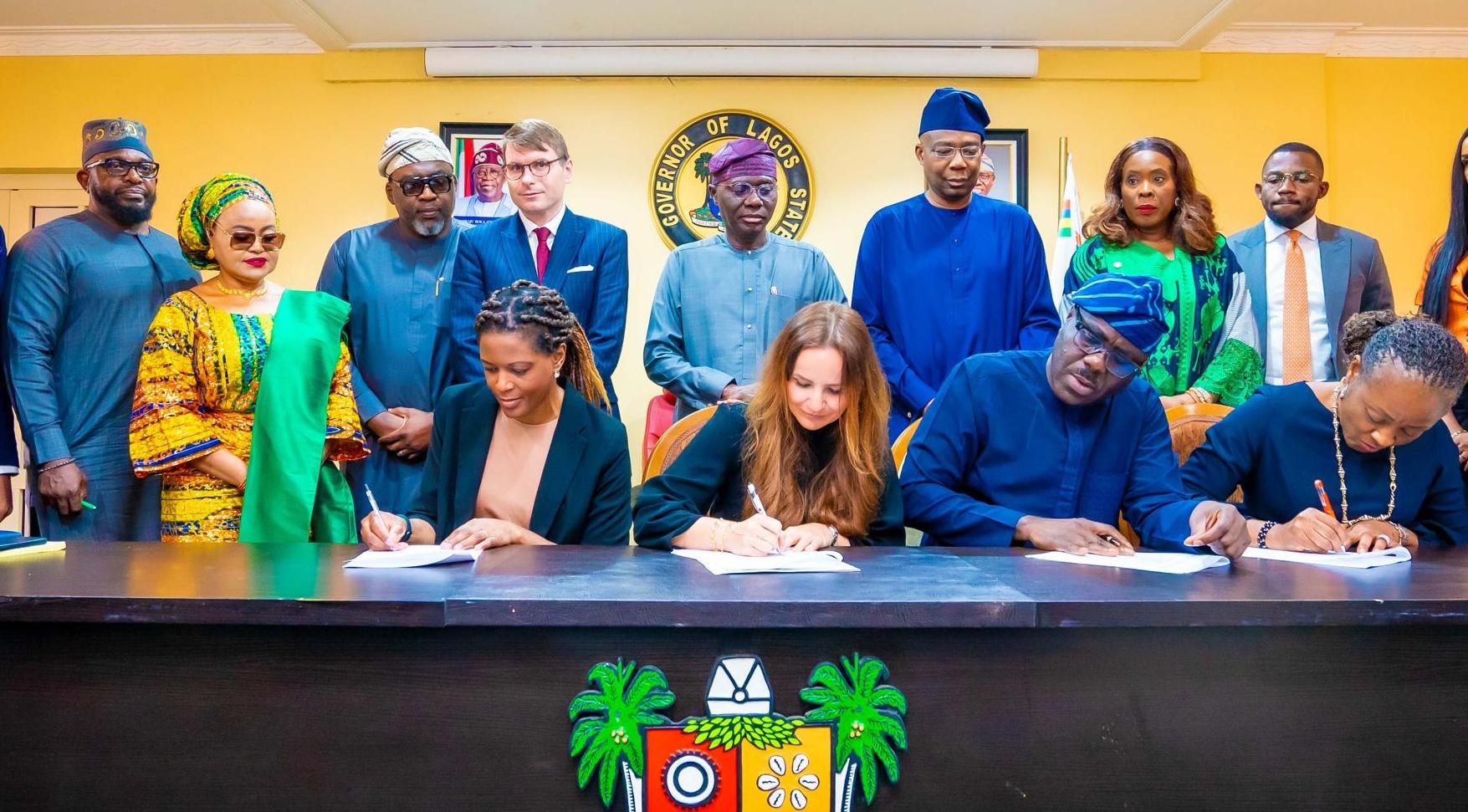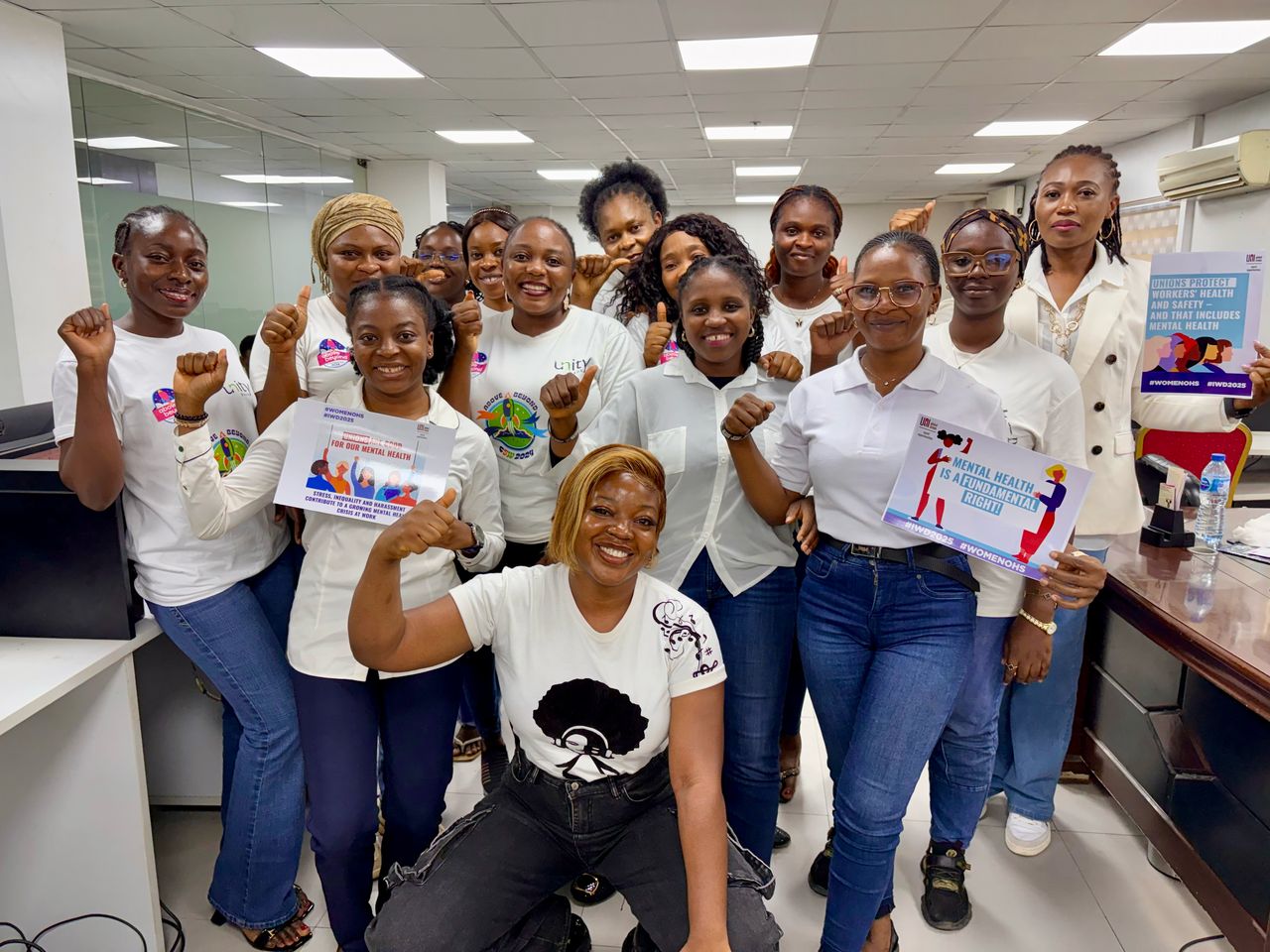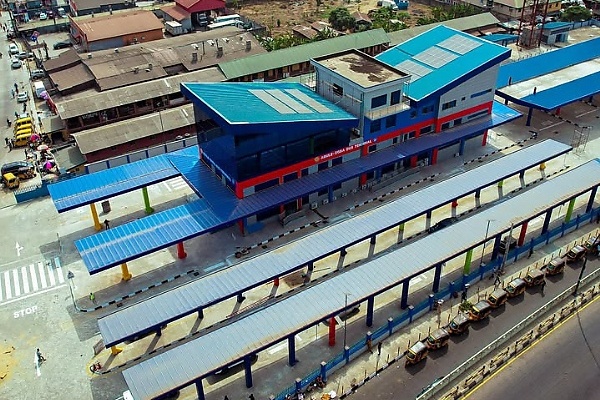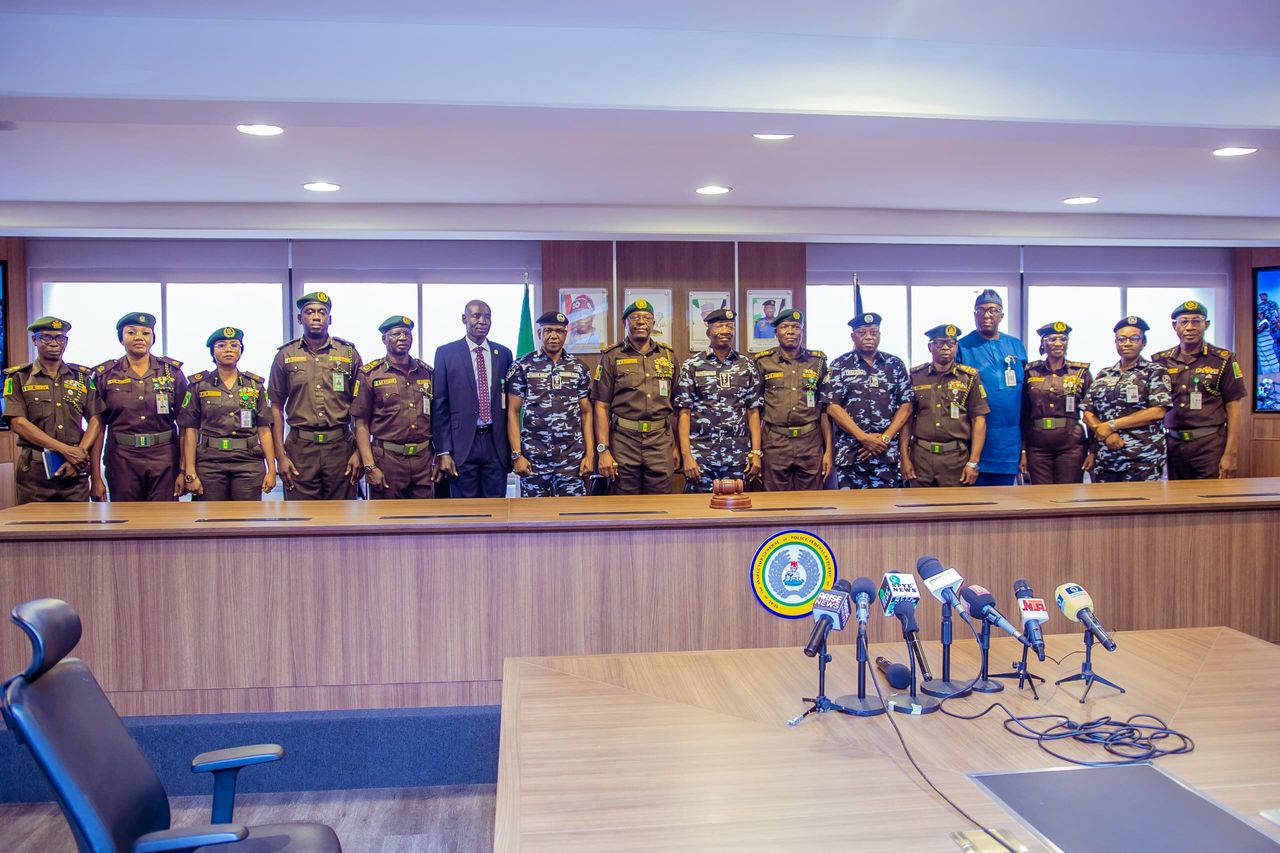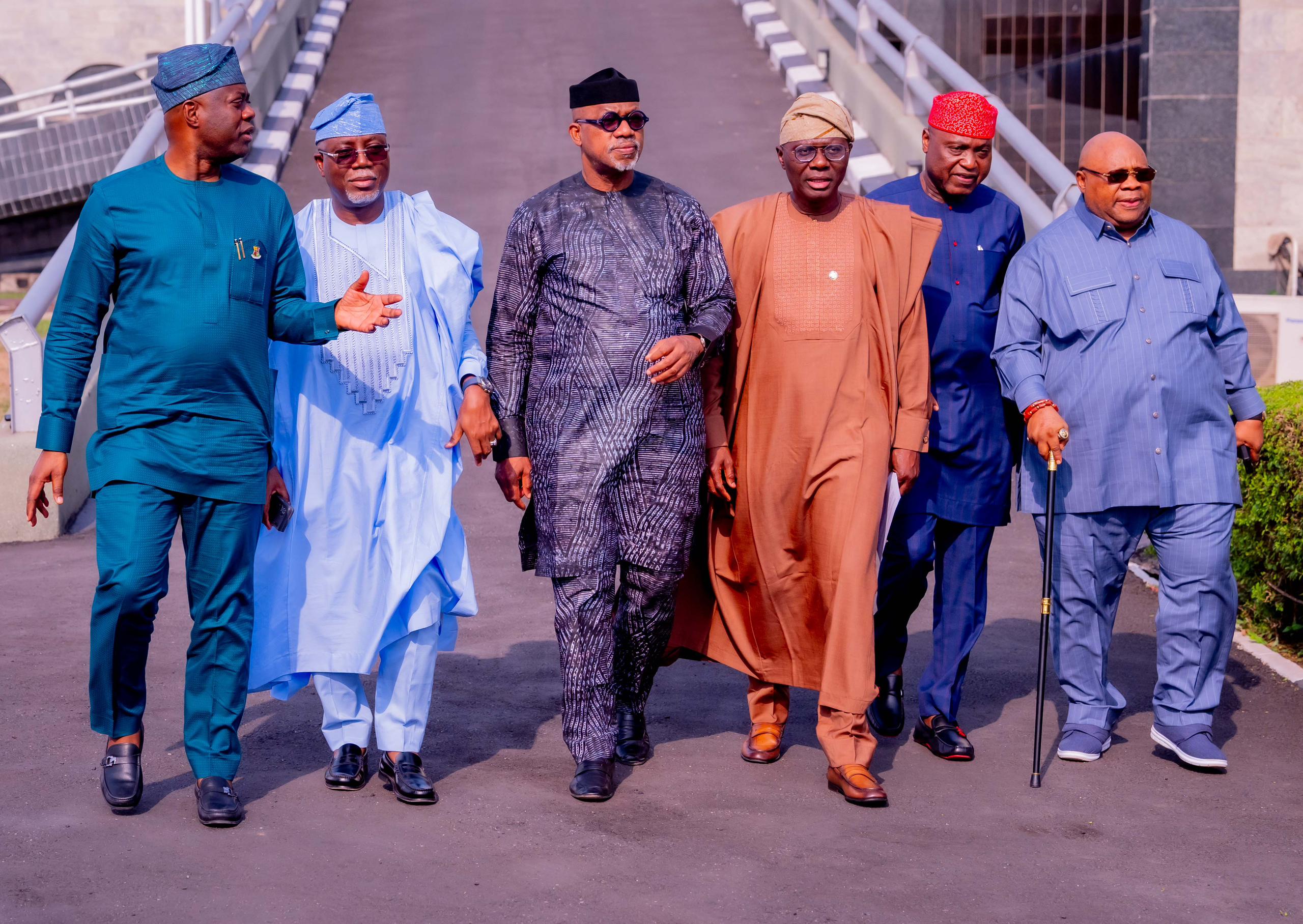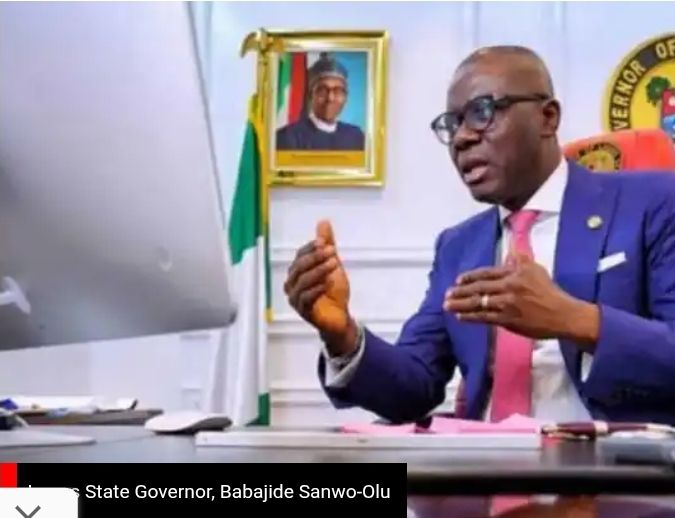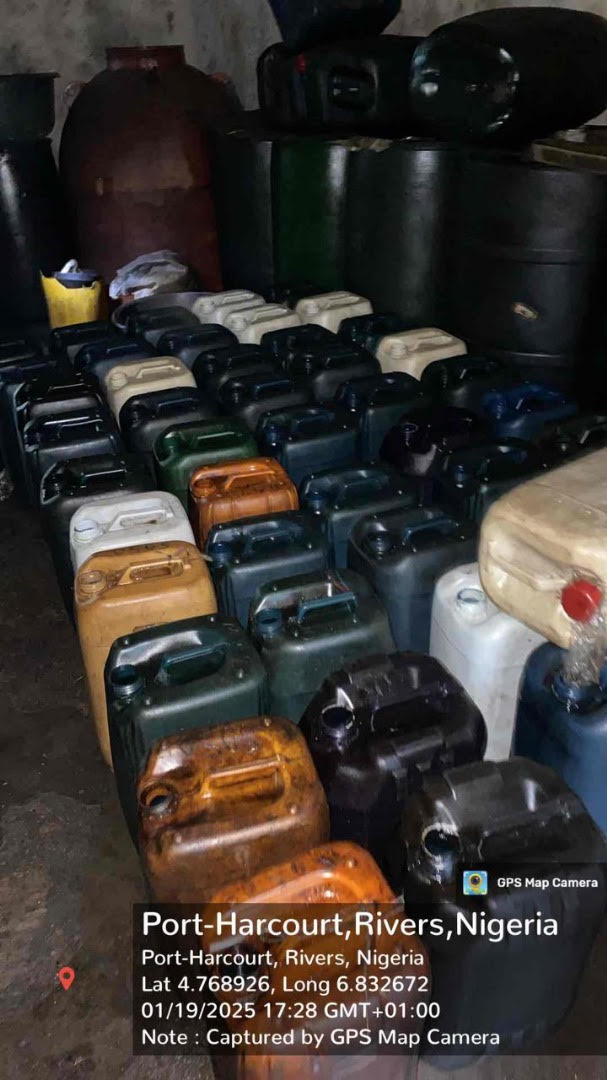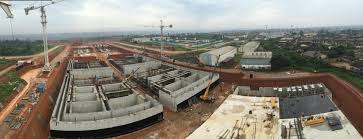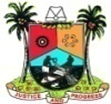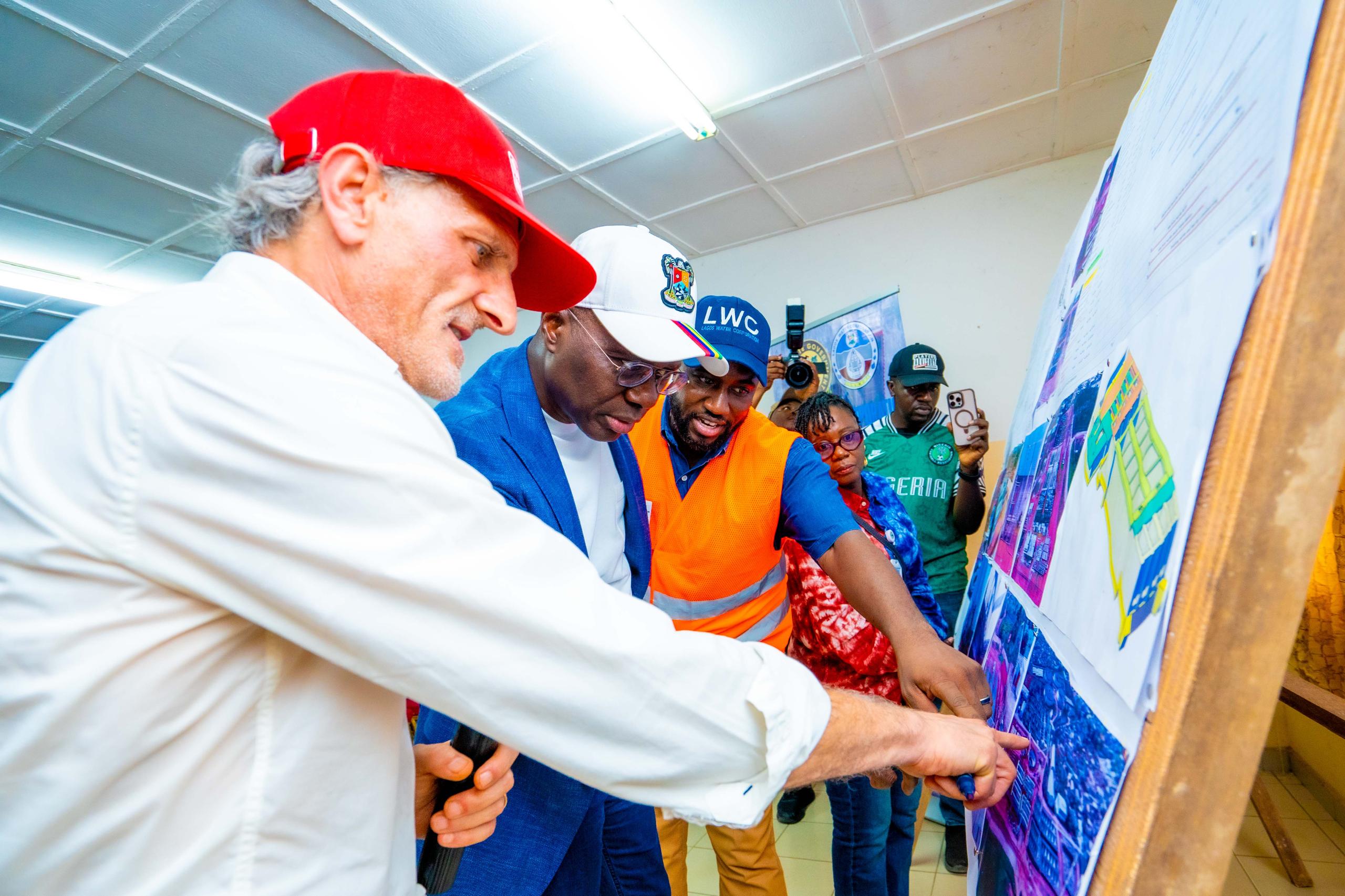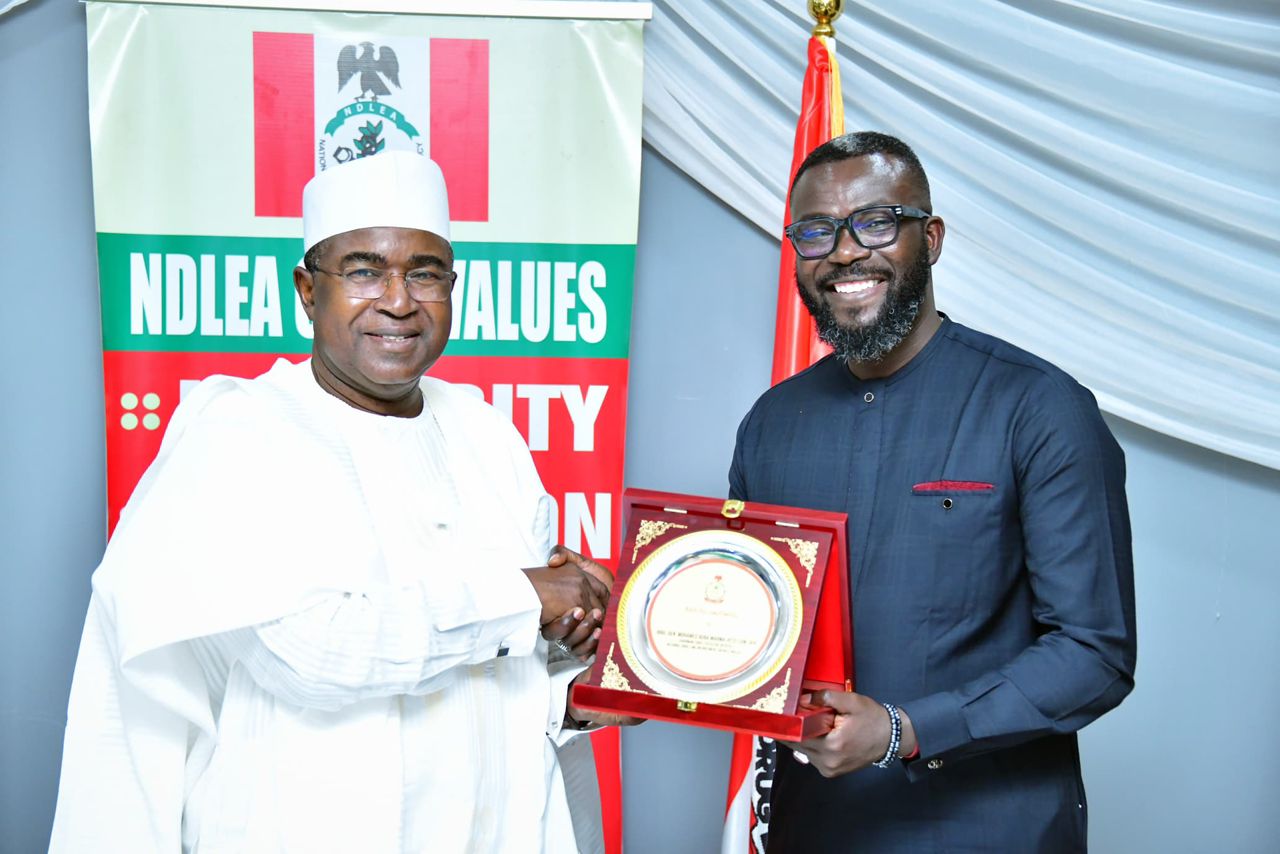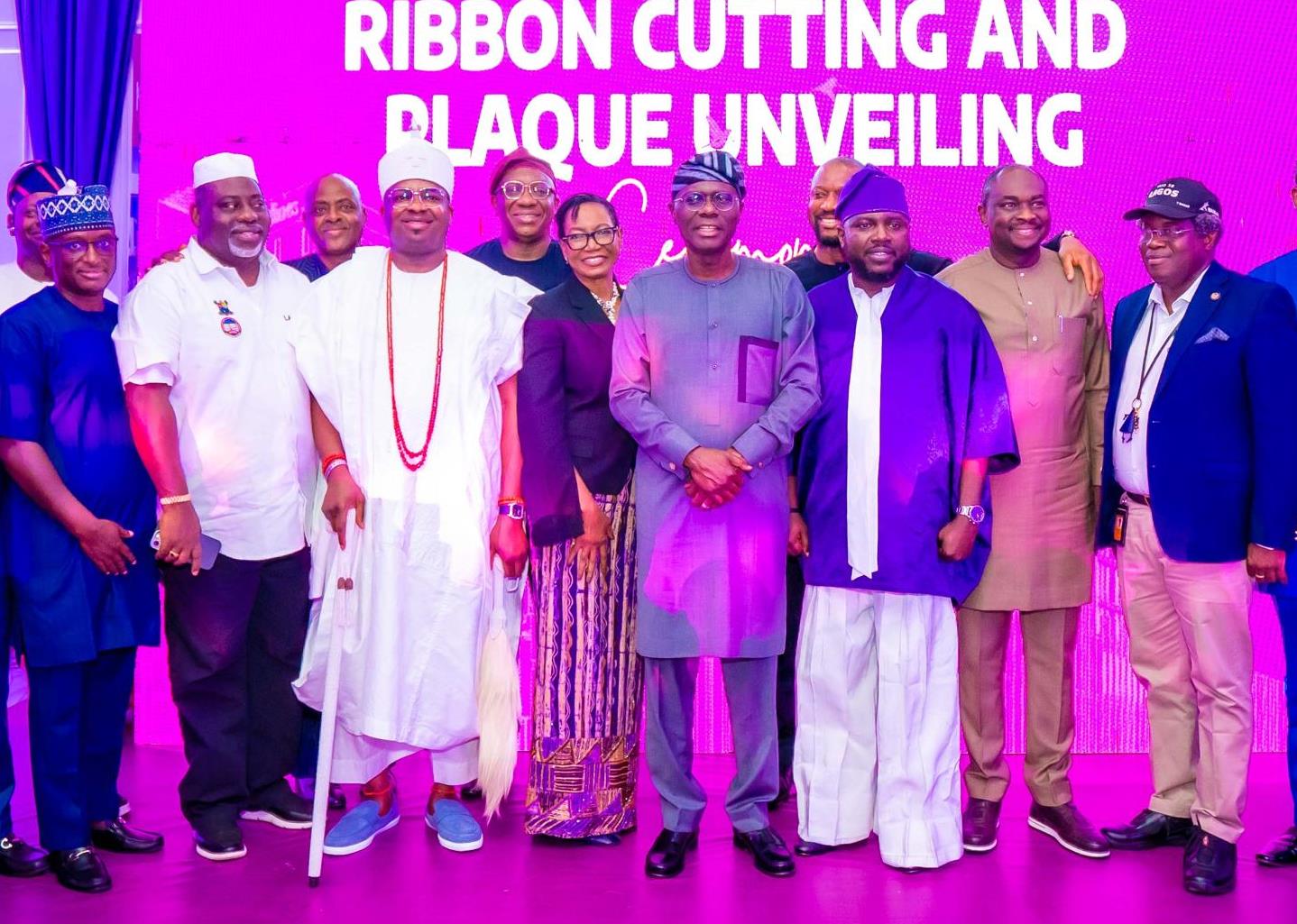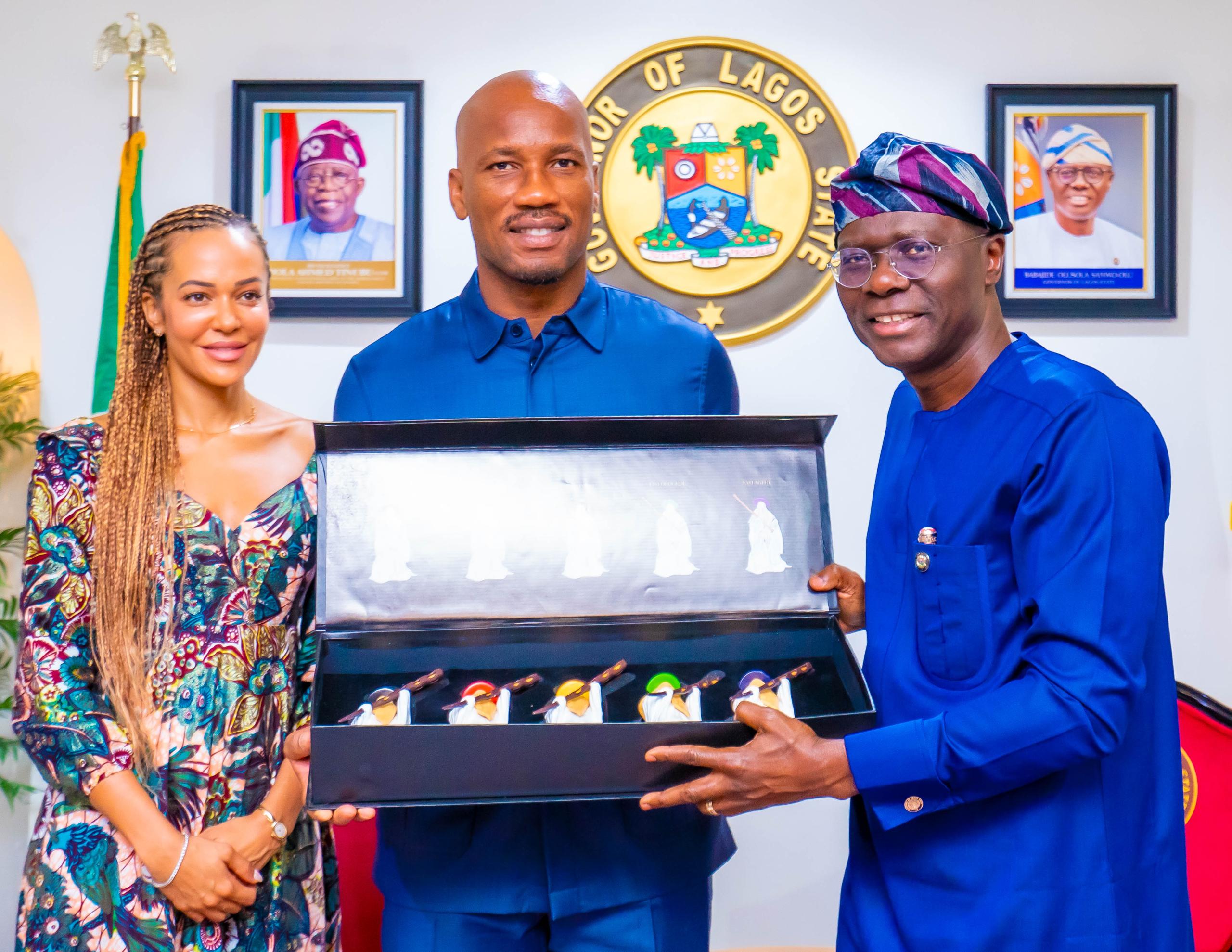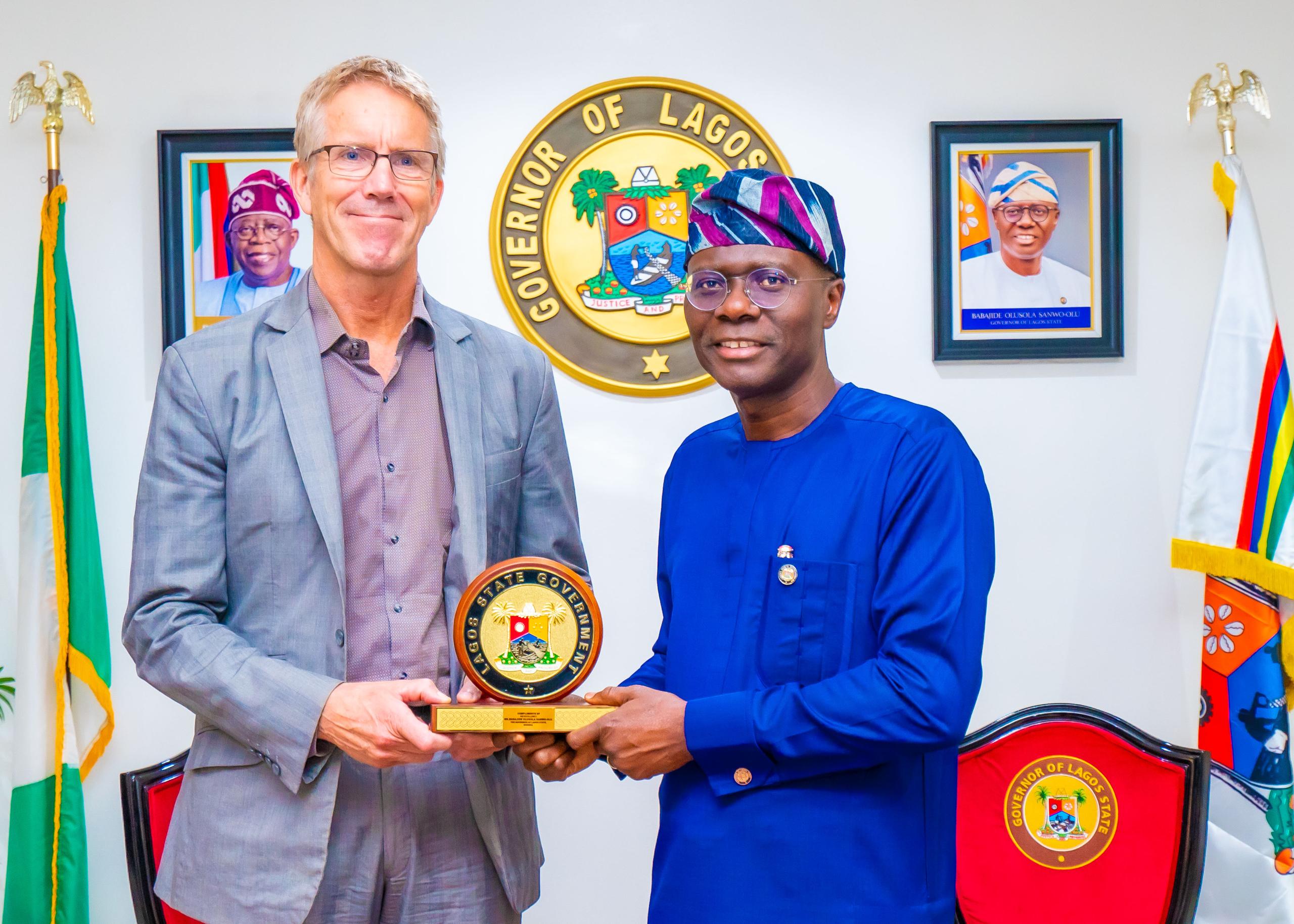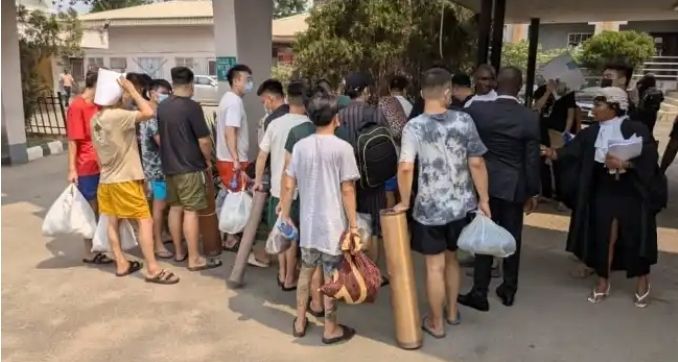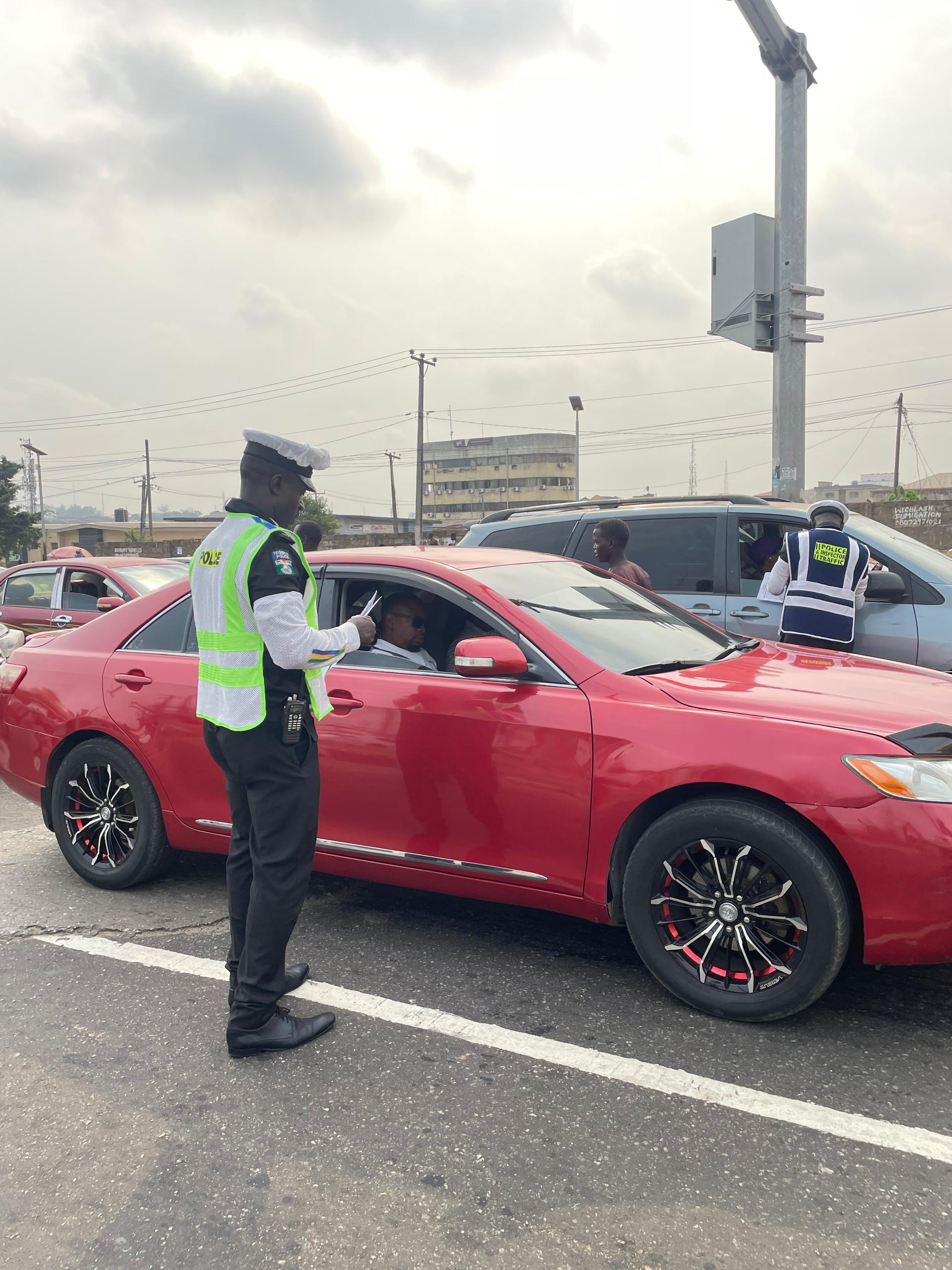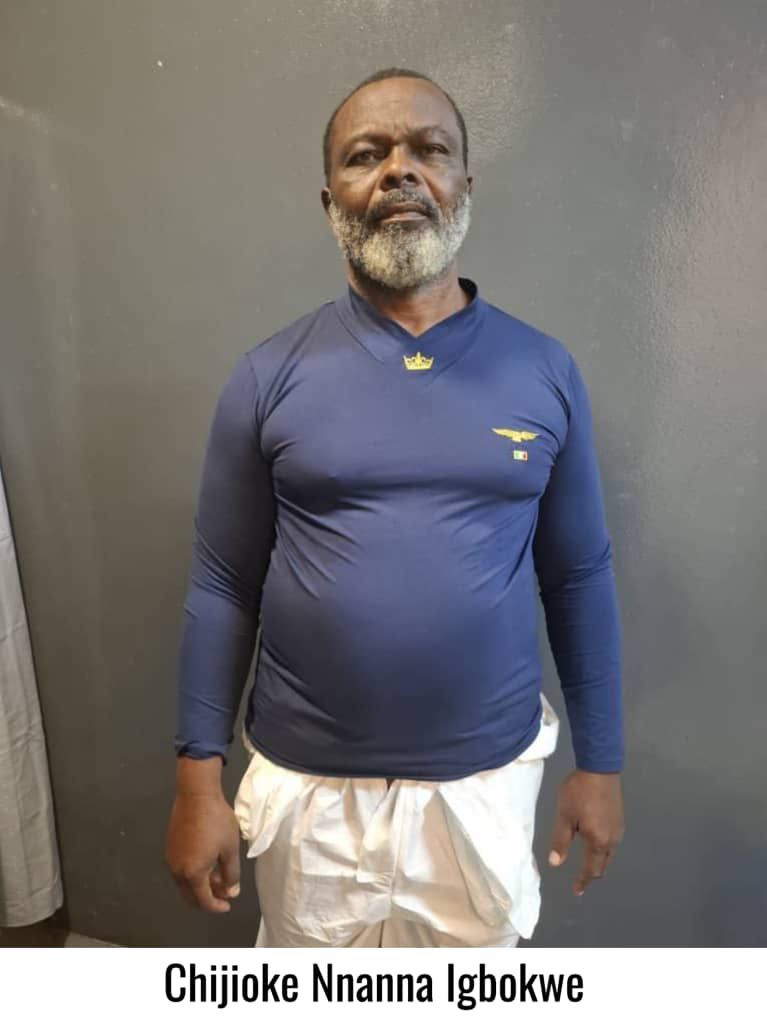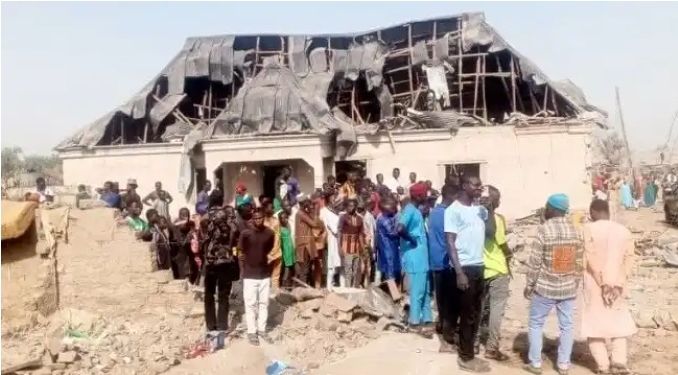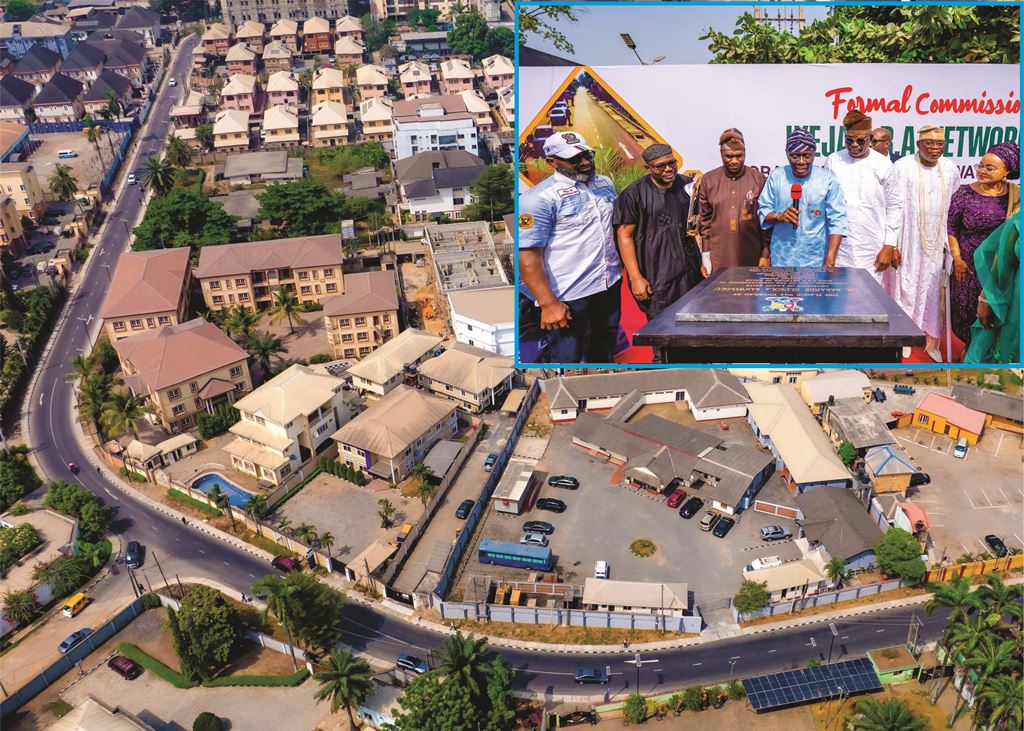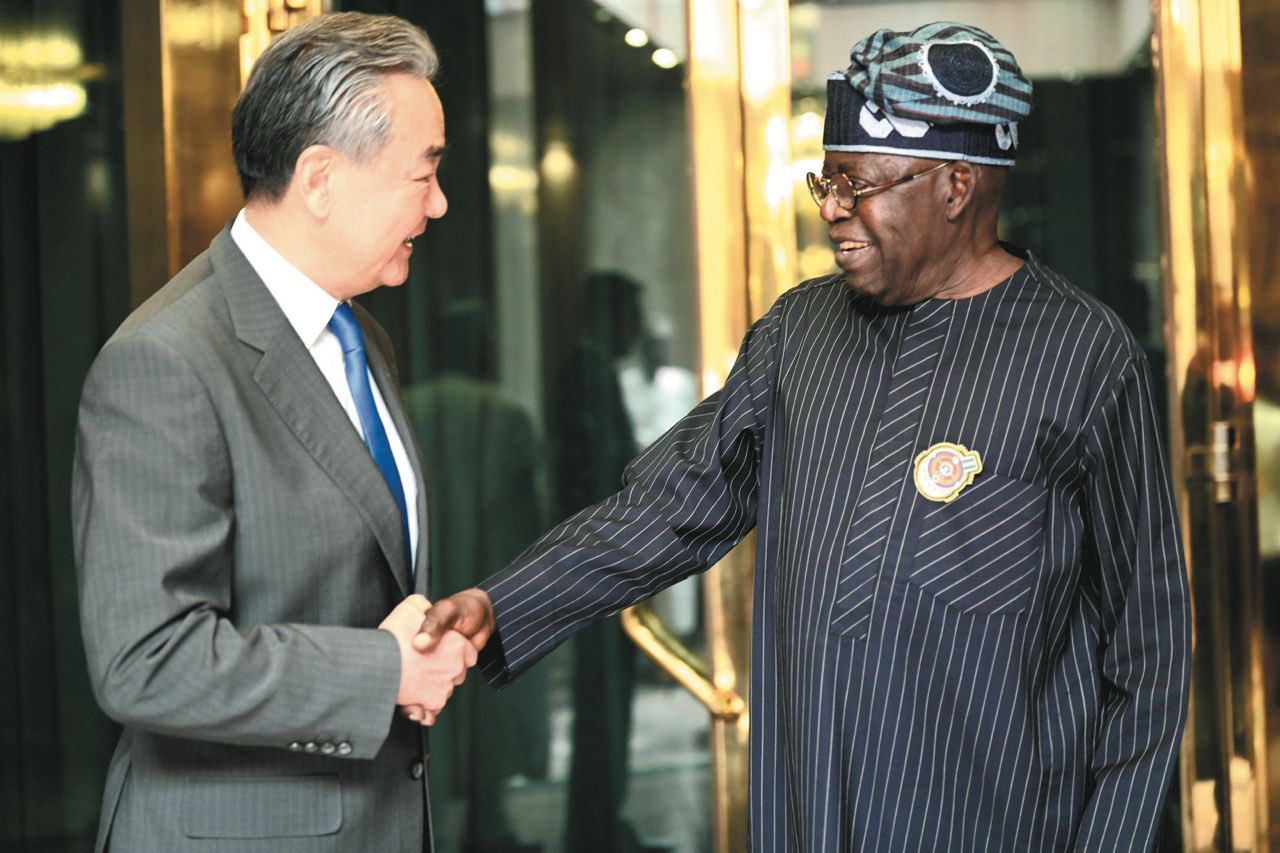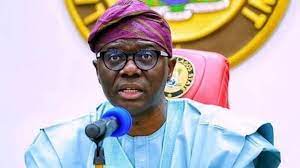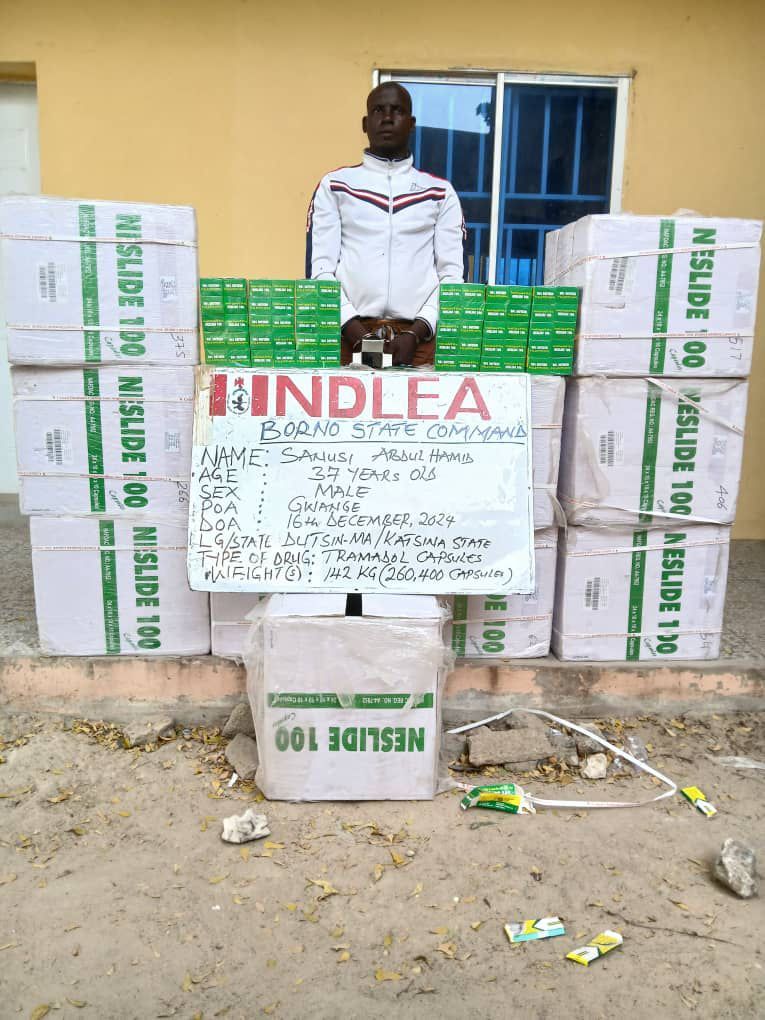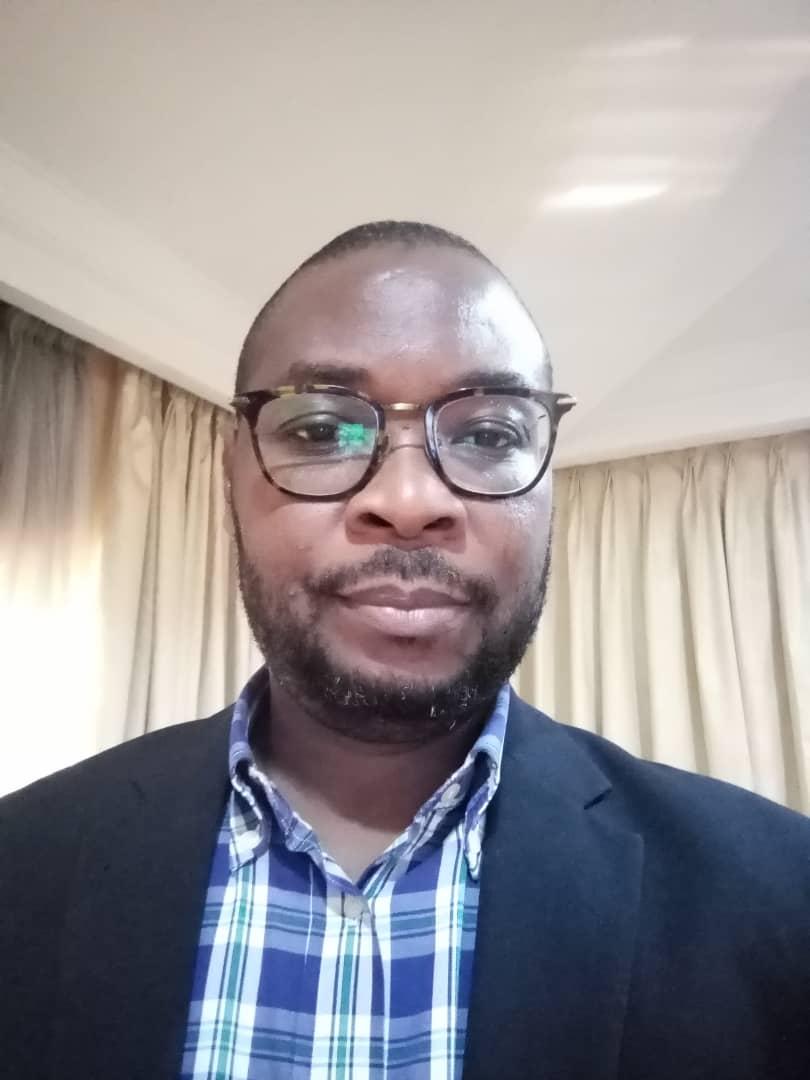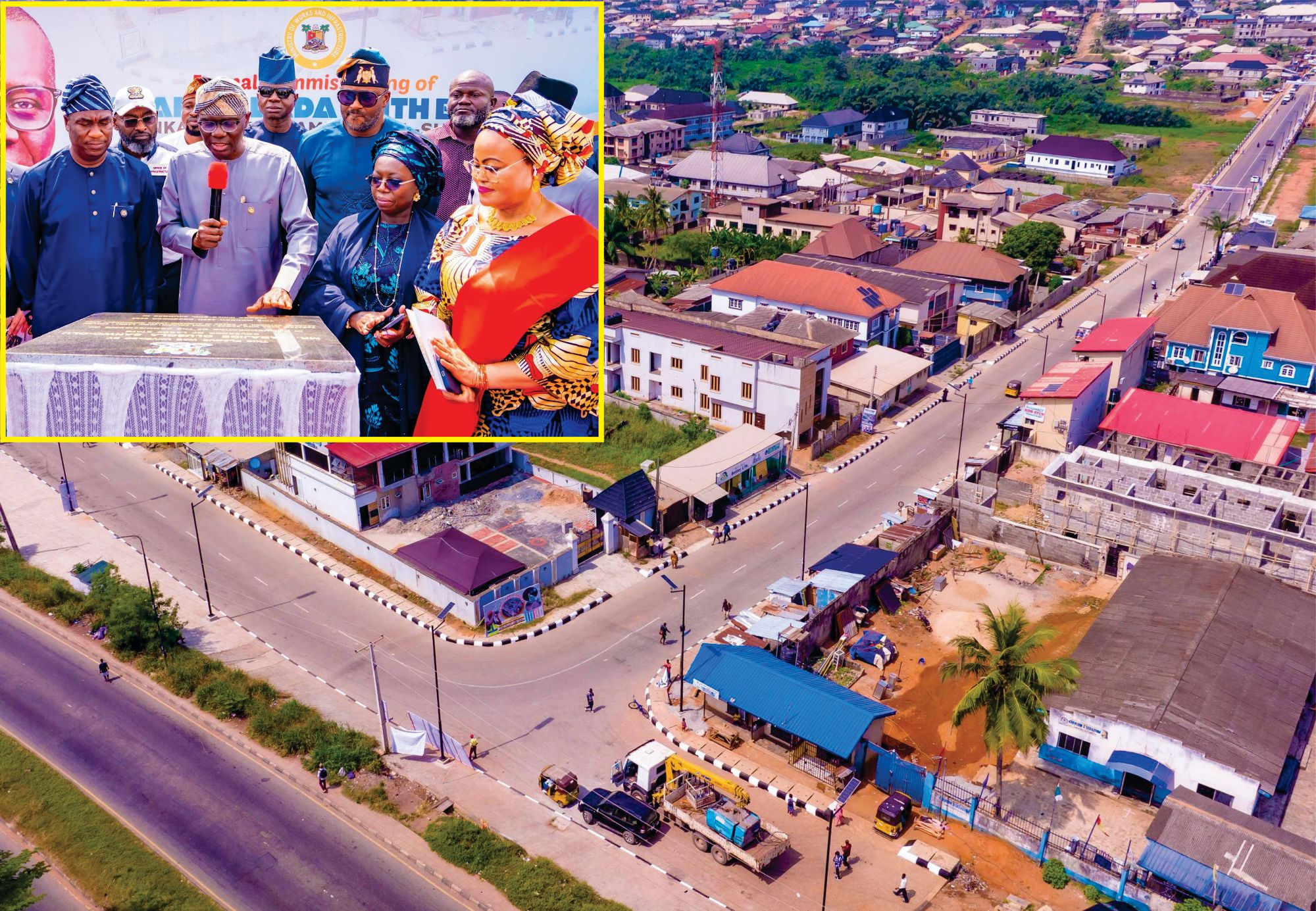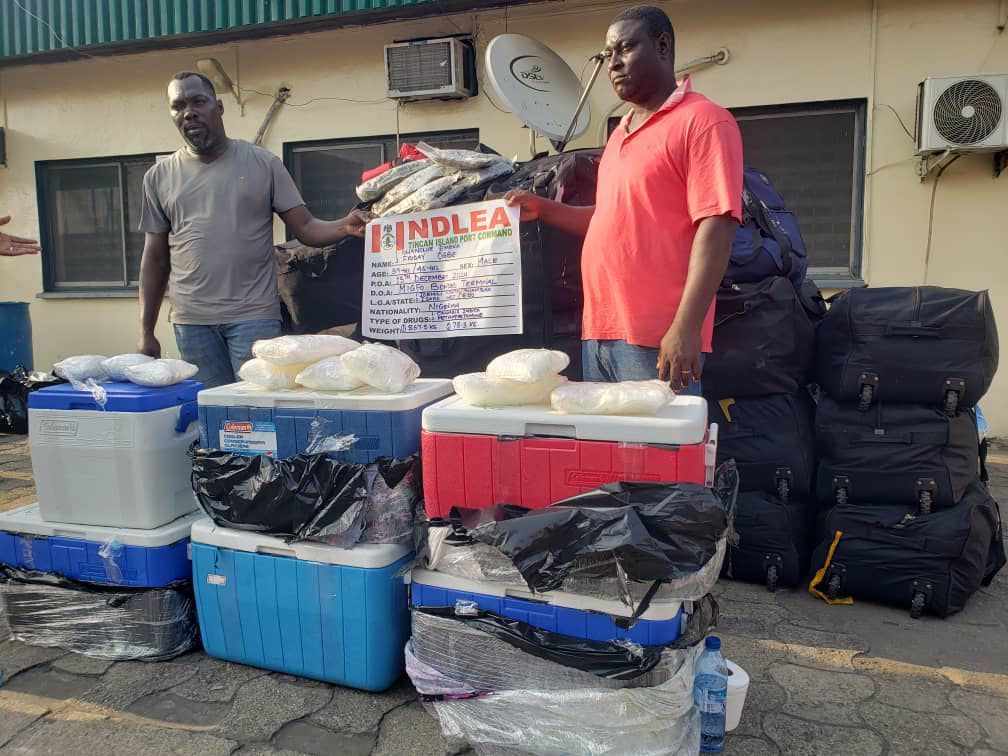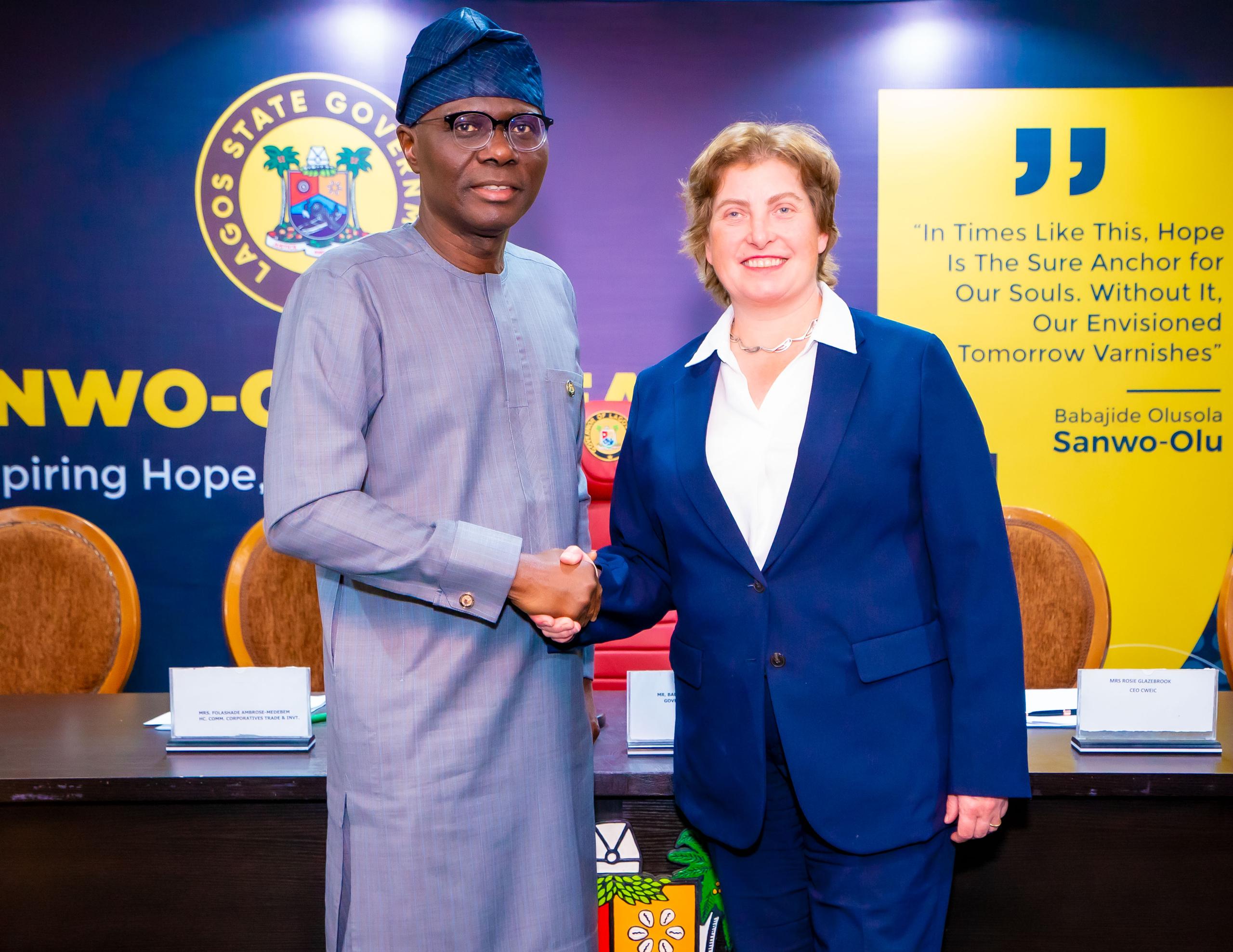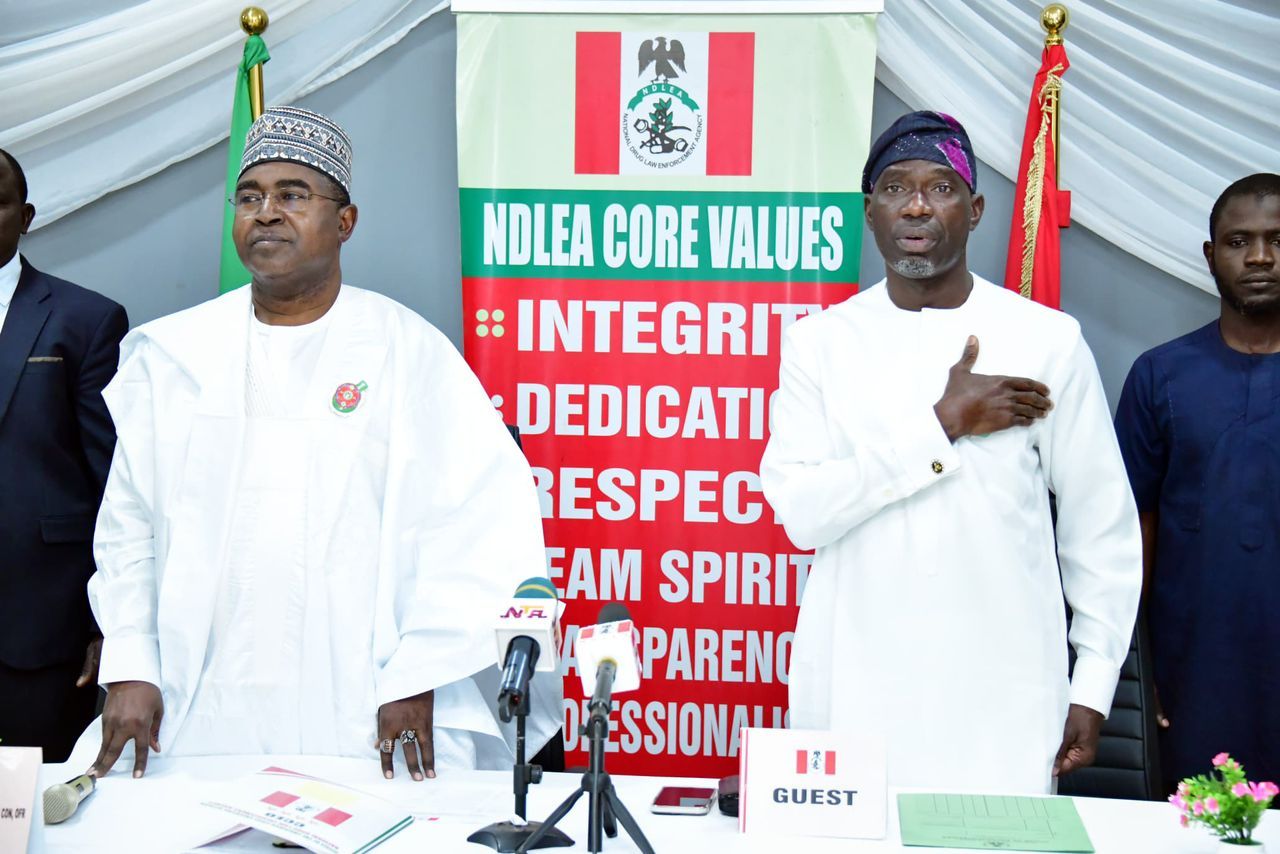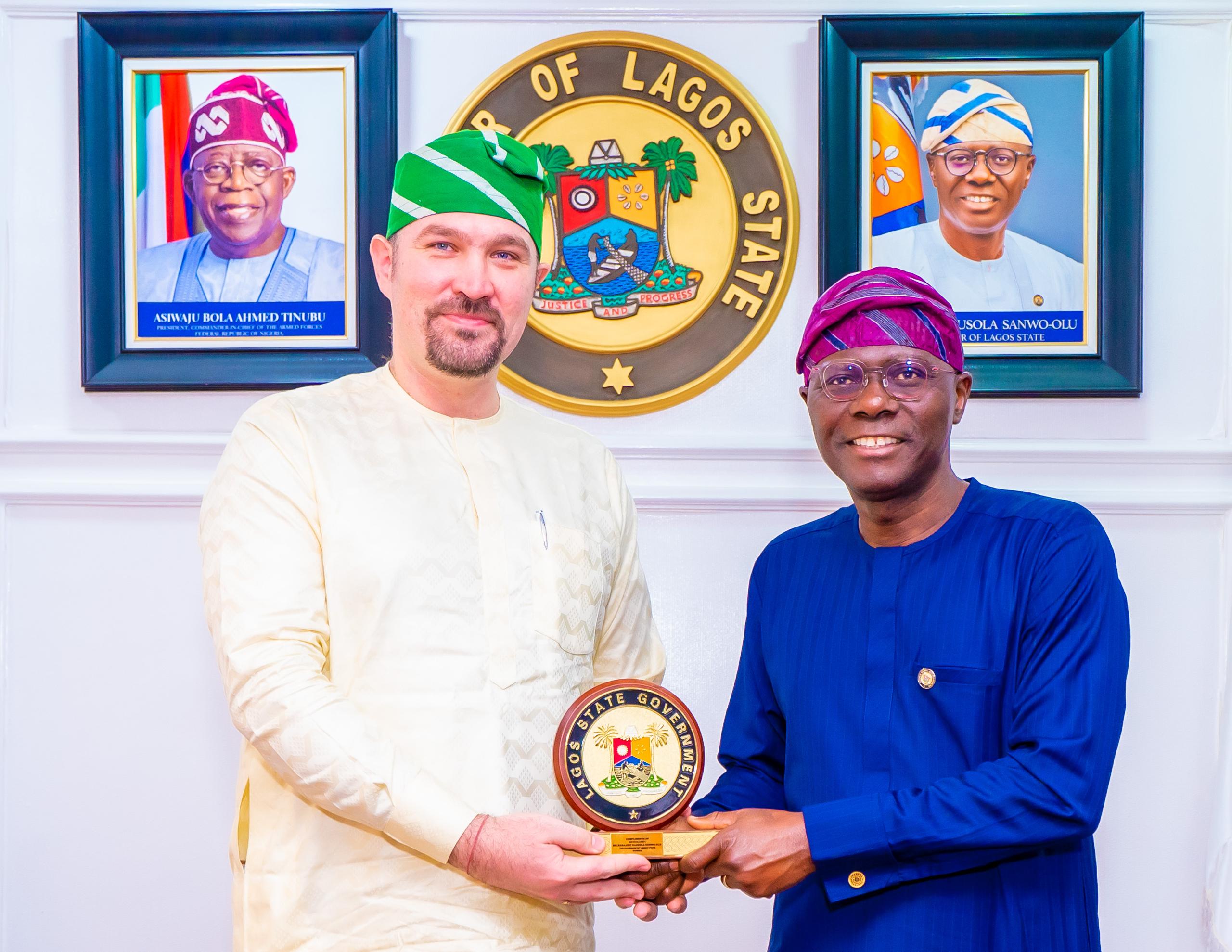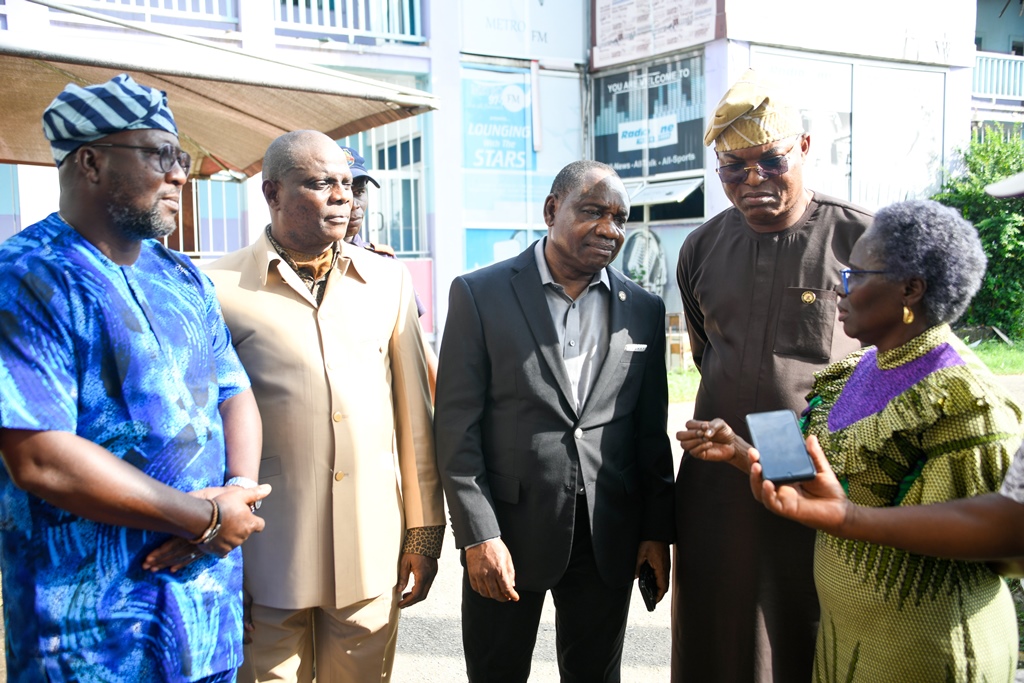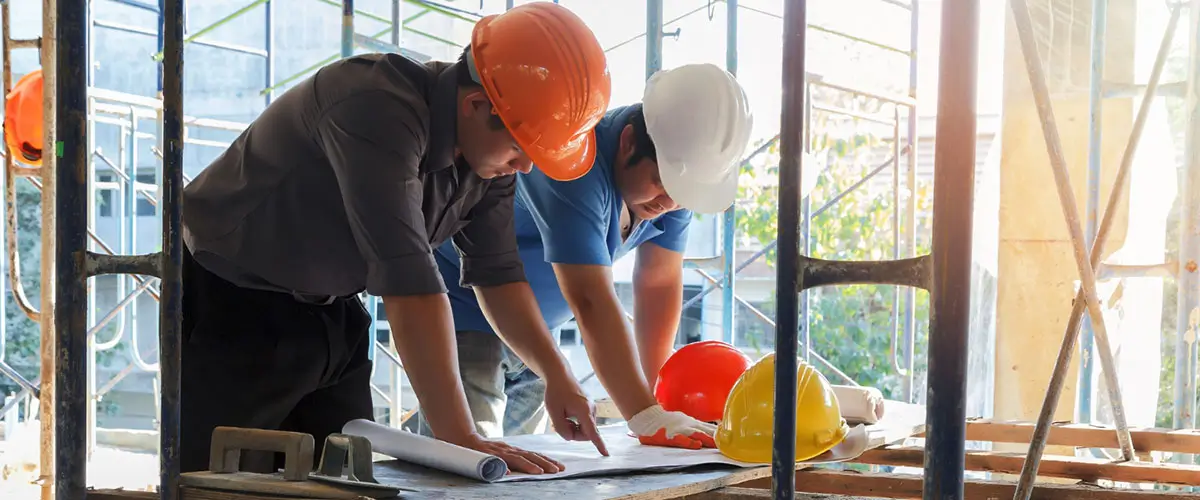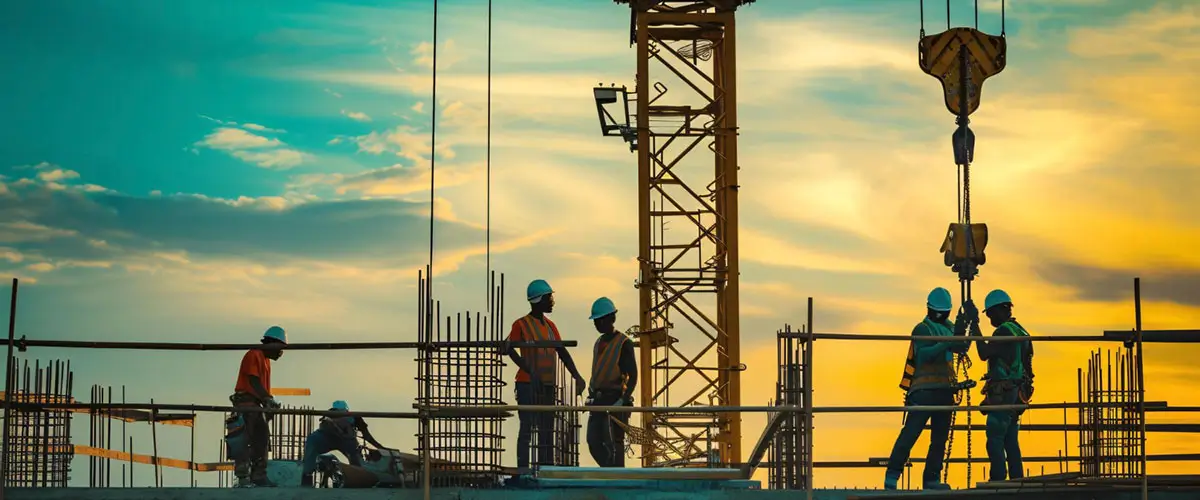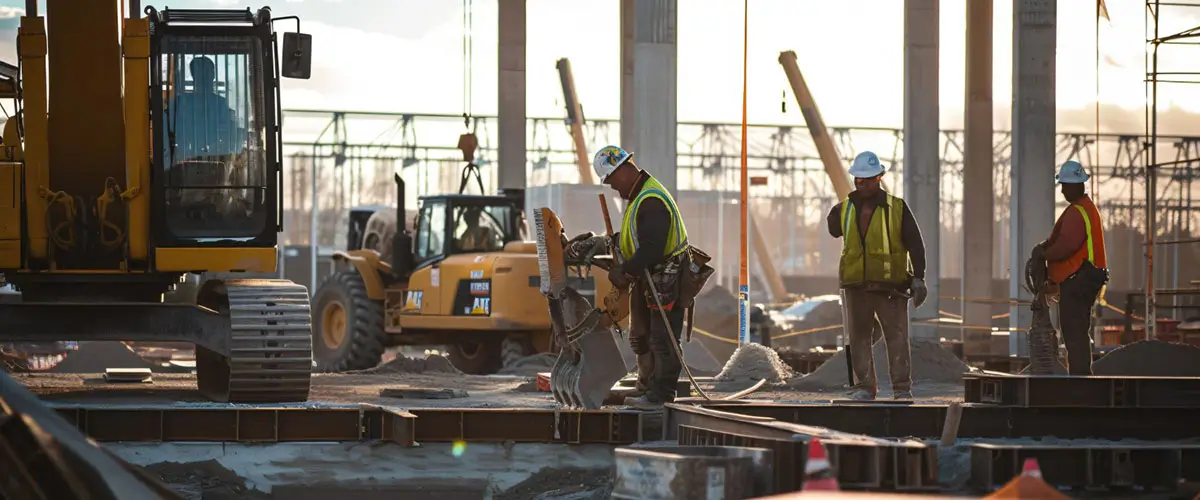
African shipowners have stated that the Dangote Petroleum Refinery has displaced Nigerian shipowners, opting instead to utilise Angola’s fleet for the shipment of its crude and refined products.
The President of the African Shipowners Association in Nigeria, Ladi Olubowale, reports on Sunday that Dangote’s decision to rely on Angola-based vessels for logistics was because Nigerian ship owners do not have vessels with the capacity for the cargoes.
He explained that unless Nigeria builds its maritime capacity to handle deep-water operations, major opportunities like this will continue to elude the local shipping industry, stressing that the country is losing out on these opportunities.
“So I think the narrative about it is that the Dangote chartered most of the Angolan Fleet because they have vessels to be chartered, and we don’t have. We don’t have a vessel of that size, such as Supermax, Suezmax, or Aframax vessels, among others, that could be used.
“Like the Angolan people, they have vessels to be chartered. If we had it, it would have been an opportunity that Dangote would have used as well.
We are losing a lot of money. The benefits those guys are making, we are losing them. We are not even developing our capacity. For every trade, there are three elements: the trade, the capacity, the currency, and also the cargo,” Olubowale stated.
According to reports, last week, the President of the Dangote Group, Aliko Dangote, raised concerns over rising logistics and regulatory bottlenecks stifling its competitiveness, disclosing that port-related charges have made it more expensive for oil marketers to lift products from its Lekki-based refinery than from offshore storage depots in neighbouring countries like Togo.
The businessman noted that domestic marketers are grappling with multiple charges levied at both the point of loading and discharge when sourcing products from the $20bn refinery, a cost structure not applicable when importing from offshore terminals like the Lomé Floating Storage Terminal.
He said this bottleneck fuels the 69 per cent continued import of refined petroleum products, making Africa a destination for cheap, often toxic petroleum products, many of which are blended to substandard levels that would not be permitted in Europe or North America.
Dangote Refinery’s Shipping Challenge: Calls for Indigenous Vessel Use and Strategic Maritime Funding
Speaking on this development, Olubowale noted that as a result, Nigeria is missing out on crucial segments of the logistics value chain at Dangote’s refinery, stressing that with the Cabotage Vessels Financing Fund, it might be a way for Nigeria to start looking at that sector, that class of vessels, and also own it and run it over time.
“But there is a lot that needs to be done. On the government side, I think they are really a part in terms of the funding. But they have to make sure that they have a strategic fleet that meets trade,” he said.
A member of the Nigerian Indigenous Shipowners Association, Mr Edward Sowho, stated that if Dangote wants to use an indigenous shipping line to move crude, it could be arranged.
“The vessels he is using in Angola may not belong essentially to Angolans; there is always an arrangement for you to get vessels from somewhere else to give to a third party. For me, it is not enough of an excuse that there could be partnerships.
“If Dangote wants to use Nigerian-owned vessels, it is a matter of indicating interest. If he says I want to now confine myself to using Nigerian-flagged vessels in partnership with foreign owners, those things can be arranged.
“If I were to own a refinery like that and I want to move crude oil, I would approach a group like NISA and say, I need this size of vessel to move cargo, and I am sure they can arrange it. It’s a question of I want to be indigenous and work with my people,” he said.
When contacted, the spokesperson for Dangote Group, Mr Anthony Chiejine, said that the company would always work with shipowners that have capacity.
“He (Olubowale) is somebody in that business, and he has told you the challenges that they are facing. Ask the man in that sector why they are not attracting funding so that they can compete; that should be the question,” he said.
This article was originally published by Punchng.com and has been adapted for further clarity.
Stay informed on Nigeria’s maritime and energy sector developments.
Read full stories and expert insights at LouisaOlaniyi.com.ng. Visit now to explore more industry updates and analysis.

